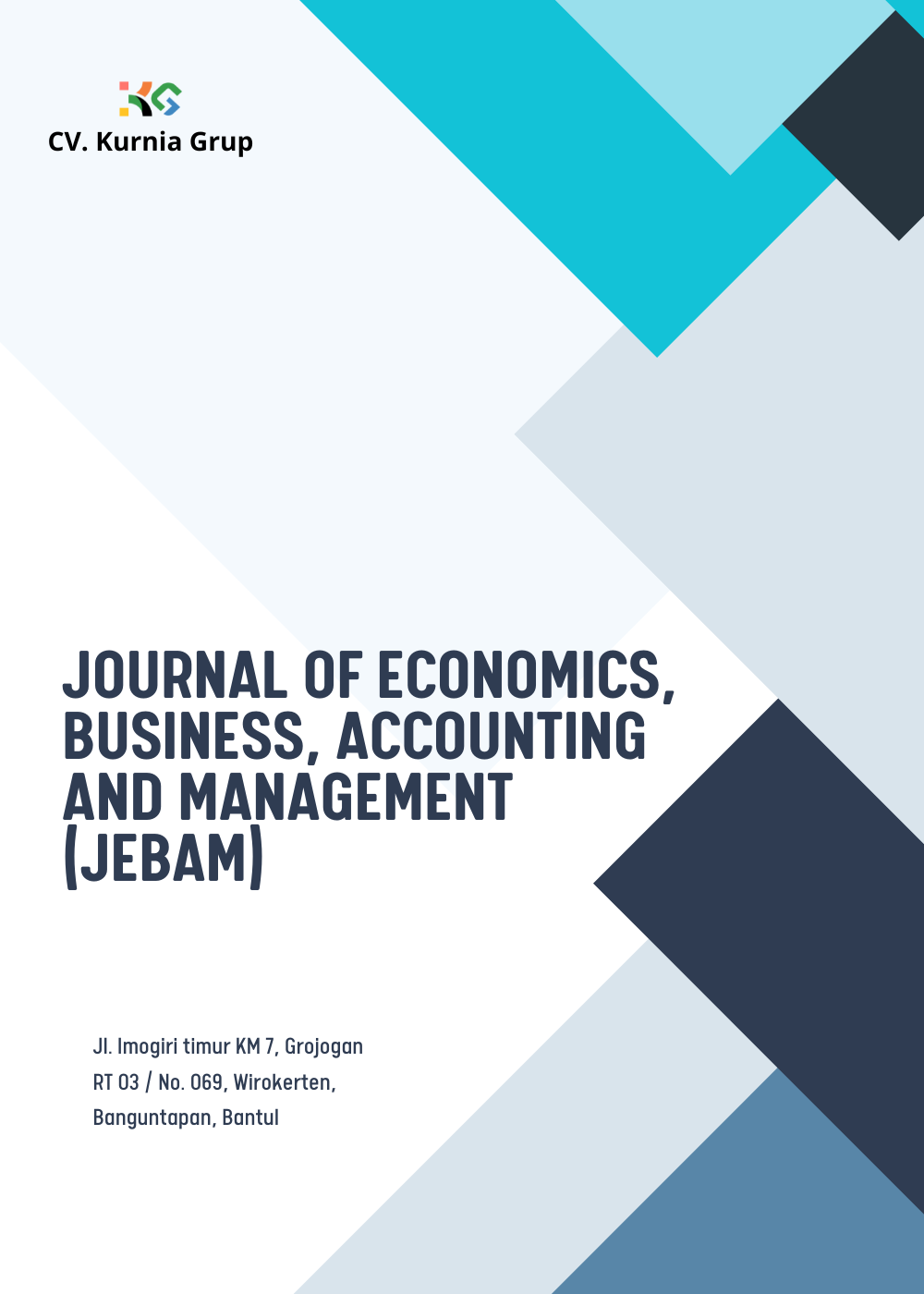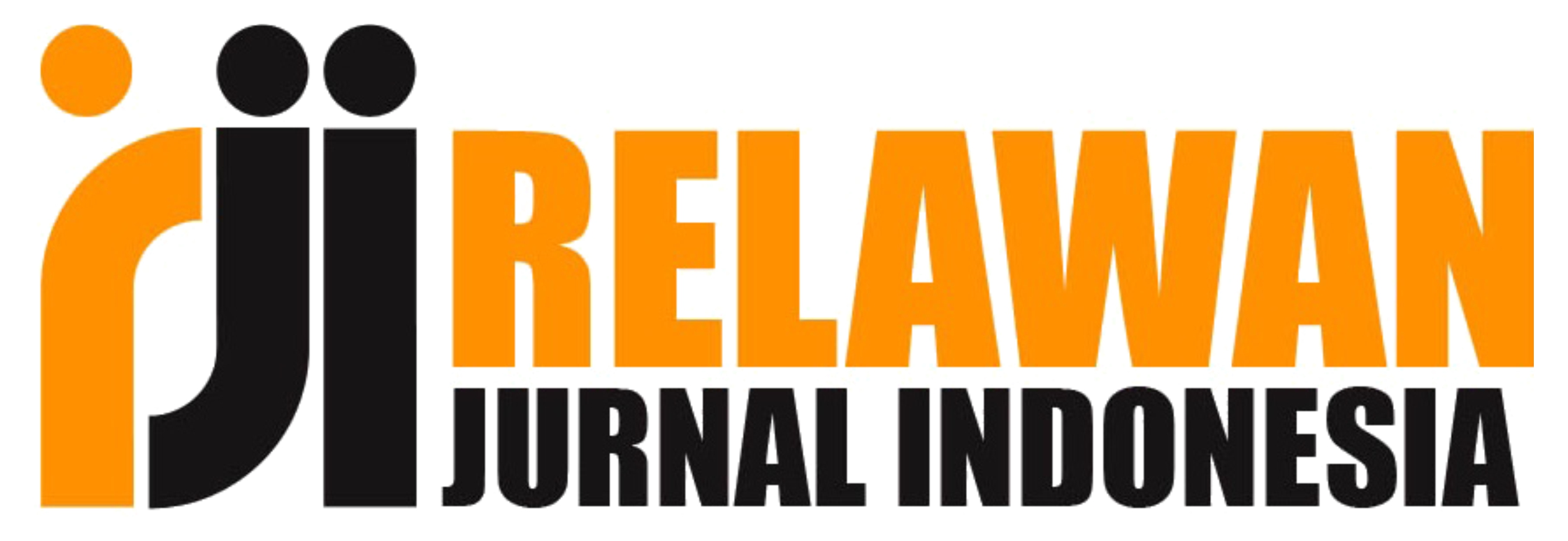Memahami Konsep, Jenis, Prinsip Serta Teori Dalam Pengeluaran Pemerintah
DOI:
https://doi.org/10.61476/jf7cv240Keywords:
Concept, Theory, Expenditure, Government, State FinanceAbstract
Government spending is a very important part of an economic system, namely where the government has the absolute right to participate in every economic activity, where the government not only allocates goods but also participates in managing goods and services, increasing international sales, economic stability, and encouraging accelerated economic growth. Government spending includes a number of planning, implementation, and evaluation activities in order to achieve development goals; government spending functions to provide public services, infrastructure, and social security needed to improve the welfare of the community. In each government period, spending policies are often determined based on various development priorities, ranging from education and health to infrastructure development. The research conducted by the author uses a qualitative method with a literature study approach starting from collecting, analyzing, and organizing sources from articles, books, and research, then concluding and finally presenting complete information about government spending. This research aims to understand the importance of the effectiveness and efficiency of government spending; therefore, through this article, the concept of government spending, types of government spending, principles of government spending, and expenditure theory will be discussed.
References
Alapján-, V. (2016). Pengeluaran Pemerintahan. 1–23.
Ansori, Y. Z., Budiman, I. A., & Nahdi, D. S. (2019). Islam Dan Pendidikan Multikultural. Jurnal Cakrawala Pendas, 5(2), 110–115. https://doi.org/10.31949/jcp.v5i2.1370
Azwar, A. (2016). Peran Alokatif Pemerintah melalui Pengadaan Barang/Jasa dan Pengaruhnya Terhadap Perekonomian Indonesia. Kajian Ekonomi Dan Keuangan, 20(2), 149–167. https://doi.org/10.31685/kek.v20i2.186
Dandung, M. E., Amtiran, P. Y., & Ratu, M. (2020). Jawa, Amtiran and Ndoen/ JOURNAL OF MANAGEMENT (SME’s) Vol. 12, No.2, 2020, p167-178. Analisis Perbandingan Kinerja Keuangan Perbankan Konvensional Dan Perbankan Syariah, 12(2), 167–178.
Hamdani, I., Sri Nesta, N., Rahmawati, J., & Hidayat, F. (2023). Pengeluaran Pemerintah Untuk Pembangunan Daerah. Jurnal Ilmu Manajemen, Ekonomi Dan Kewirausahaan, 1(3), 187–203.
Nahumuri, L. L. (2019). Esensi Dan Urgensi Pengeluaran Pemerintah Untuk Pembangunan Daerah. Jurnal Ilmu Pemerintahan Suara Khatulistiwa, 4(1), 1–12. https://doi.org/10.33701/jipsk.v4i1.597
Nashrullah, M., Fahyuni, E. F., Nurdyansyah, N., & Untari, R. S. (2023). Metodologi Penelitian Pendidikan (Prosedur Penelitian, Subyek Penelitian, Dan Pengembangan Teknik Pengumpulan Data). In Metodologi Penelitian Pendidikan (Prosedur Penelitian, Subyek Penelitian, Dan Pengembangan Teknik Pengumpulan Data). https://doi.org/10.21070/2023/978-623-464-071-7
Reza, D., Ramadhani, D., Mahfudzoh, N., Ramadhani, D. K., & Fitri, V. (2023). Analisis Penerimaan dan Pengeluaran Negara Indonesia Tahun 2019-2021. Journal Of Ekonomic Education, 2(1), 1–15.
Tafriji Biswan, A. (2022). Keuangan Publik: Teori Dan Implementasi Pengambilan Keputusan Publik.
Widayanti, W. (2018). Pengelolaan Keuangan Negara 2018. 1–49.
Yusanto, Y. (2020). Ragam Pendekatan Penelitian Kualitatif. Journal of Scientific Communication (Jsc), 1(1), 1–13. https://doi.org/10.31506/jsc.v1i1.7764
Published
Issue
Section
License
Copyright (c) 2025 Elivia Pasma Putri (Author)

This work is licensed under a Creative Commons Attribution-ShareAlike 4.0 International License.












